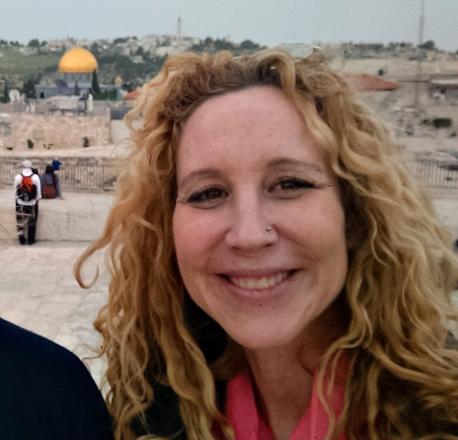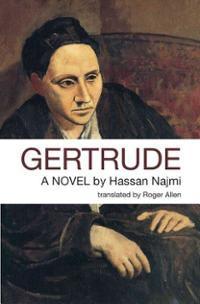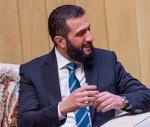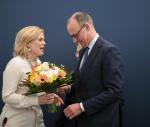You are here
Debut novel offers ‘ode to Nablus’
By Sean Mathews - Mar 12,2020 - Last updated at Mar 12,2020
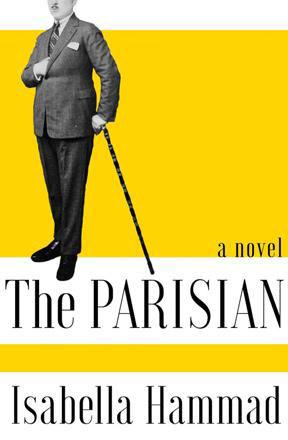
AMMAN — Columbia Global Centres on Tuesday hosted author Isabella Hammad for a book reading and discussion of her debut novel “The Parisian”.
Covering a time span from 1914 to the late 1930s, the novel traces the story of Hammad’s great-grandfather Midhat as he travels to France to study at the outbreak of World War I and then returns to his native city of Nablus in 1919.
Hammad stated that inspiration to write the book came early when she was a teenager hearing stories about her great-grandfather from her grandmother. She was also motivated “to write about Palestine before the Nakbeh [catastrophe], to show that Palestine was there”.
At the same time, she discussed her interest in examining the complex East-West relationship that was exemplified in her great-grandfather, who, after having returned to Nablus, became known for his Francophilia.
“It struck me from a young age that it was interesting and complicated to write about a character in love with the West, at a time when Palestine was being colonised by the West,” she said.
Safwan Masri, executive vice president for Global Centres and Global Development at Columbia University, opened the book discussion by introducing Hammad and commenting on the role of arts within Palestinian resistance.
“The Palestinian narrative has become far stronger, far more impactful on the world stage because of the power of the arts,” he said.
Within this context, Hammad discussed the struggle she felt throughout the writing process, balancing her desire to humanise her great-grandfather in the novel with what she called “something undignified about having to constantly prove you are human to the West”.
Hammad went on to describe how she viewed the novel as a history of Palestine, but also emblematic of a more nuanced East-West relationship. “The novel is based on a character who doesn't represent Palestine, and this is interacting with an English language literary market that expects novels from other countries to represent those countries,” she said.
Highlighting how works of literature can play a role in shedding light on the history of Palestine, Masri commented: “By telling the story, the point is made by itself.”
He added that he believes this is the “most powerful way” to teach about Palestinian history and heritage.
Those in the audience who remembered the “old Nablus” described the work as an “ode to Nablus”, and many were interested in learning about the deep research Hammad did for the novel.
She described her focus on the details of life during her great-grandfather’s time, consulting architectural books on Nablus, interviewing elders in the Nablusi community, meeting with historians and researching various Nablusi families and the class structure.
“The Parisian” is in print in most major languages with plans for an Arabic edition next month.
Related Articles
AMMAN — There is a tendency to assume that villages in the late-Ottoman Levant were satellites of their nearest town and that villagers live
This intriguing novel is based on real knowledge of the life and times of Gertrude Stein, the famous American writer, intellectual and art collector, who spent most of her life in Paris.



